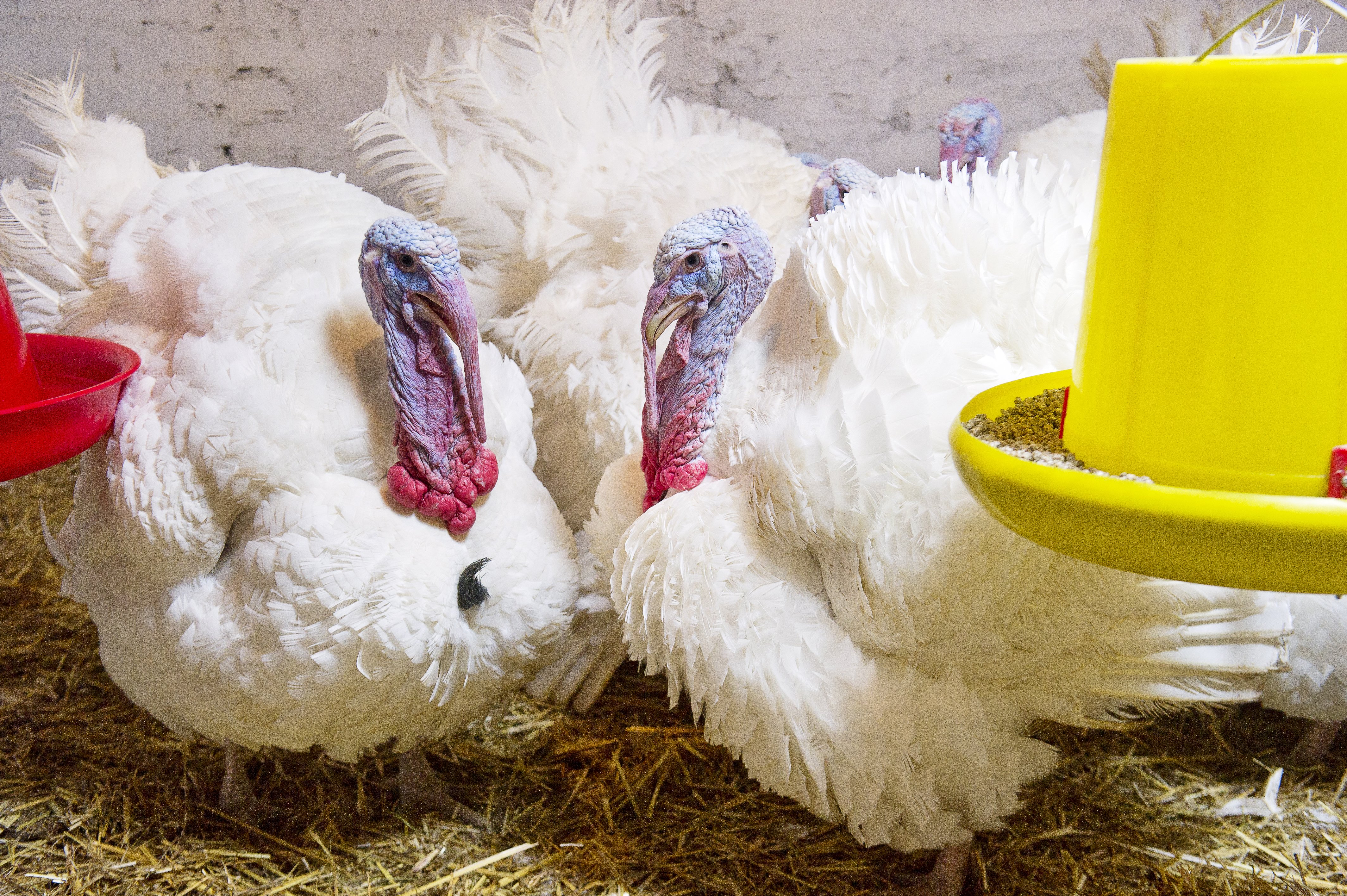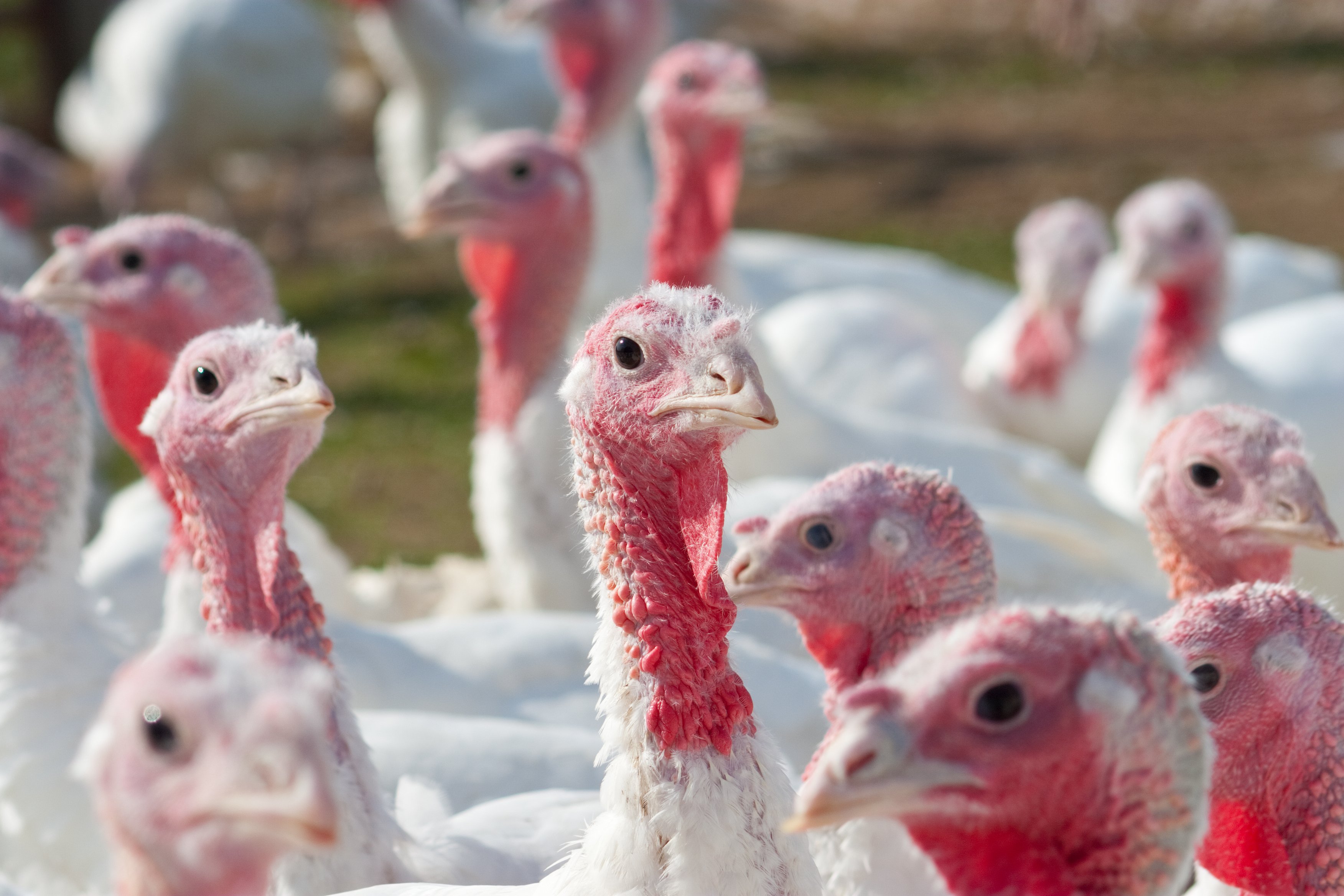Reducing the reliance on antibiotics in livestock necessitates enhanced preventive strategies for maintaining intestinal health. Bacillus sp. PB6 has demonstrated effectiveness as a valuable aid in this effort.
In the past, animal health management rarely focused on healthy animals except for vaccination purposes. If animals fell ill, antibiotics were typically used as treatment. With the ban on the last AGP (antibiotic growth promoters) in Europe and a significant rise in NAE (No Antibiotics Ever) practices in the US, there has been a swift global movement to reduce antibiotic use in poultry and livestock production. A notable example within the European Union is veterinary regulation 2019/6, enacted in January 2022, which imposes further limitations on antibiotic use in food-producing animals.

As a result, both research and commercial industries are actively exploring preventive health management strategies by boosting animals' resilience to health issues. The following article highlights a specific case from commercial turkey production.
In partnership with a commercial turkey integrator, Bacillus sp. PB6 was administered to all flocks via the water supply at a concentration of 3x10^8 CFU/L whenever early indicators of intestinal health problems were observed. Data from the initial 27 weeks of the year were collected and compared against historical data from the preceding three years, serving as the negative control. The dataset included records of diseases, antibiotic treatments, and weather conditions, with the inclusion of Bacillus sp. PB6 administration during the trial period. The results are as follows.
Figure 1 illustrates the weekly number of colistin treatments. The use of colistin significantly decreased by 44% (p-value = 0.004) as shown in Figure 1. This reduction did not result in an increased use of other antibiotics; their usage declined by 51% over the reference period. Although the impact of Bacillus sp. PB6 on beta-lactam usage was not statistically significant (p< 0.05), there was a numerical decrease of 13% compared to the prior year (data not shown).
The incidence of disease requiring treatment was recorded on a weekly basis. Enteritis cases reduced by 38%, colibacillosis by 34%, and ORT by 38%.
The objective of this trial was to gather robust evidence that a specific strain of Bacillus sp. (PB6) could lower therapeutic antibiotic use in commercial farming, which was conclusively demonstrated by this study.
The reduction in antibiotic treatments did not lead to a deterioration in animal health, but an improvement. The effect on the “other” antibiotics recorded was significantly (p-value 0.002) reduced. Applications of tylosin, doxycycline, fluoroquinolones, TMPs reduced by 51 % over the reference period. Colistin is typically used for intestinal disorders. Despite the fact that a greater reduction could be observed in colistin usage, compared to the effect on beta-lactams. Despite this decrease in colistin use, colibacillosis incidence decreased by 34 %.
Figure 1: Number of colistin treatments per week

Overall, the trial presented here clearly indicated that it is possible to use a probiotic (Bacillus sp. PB6) to reduce therapeutic antibiotic use in turkeys.

In summary, the commercial field trial confirmed that Bacillus sp. PB6 effectively reduces antibiotics, with a significant impact on those targeting intestinal disorders.
© Kemin Industries, Inc. and its group of companies 2026 all rights reserved. ® ™ Trademarks of Kemin Industries, Inc., USA
Certain statements may not be applicable in all geographical regions. Product labeling and associated claims may differ based upon government requirements.